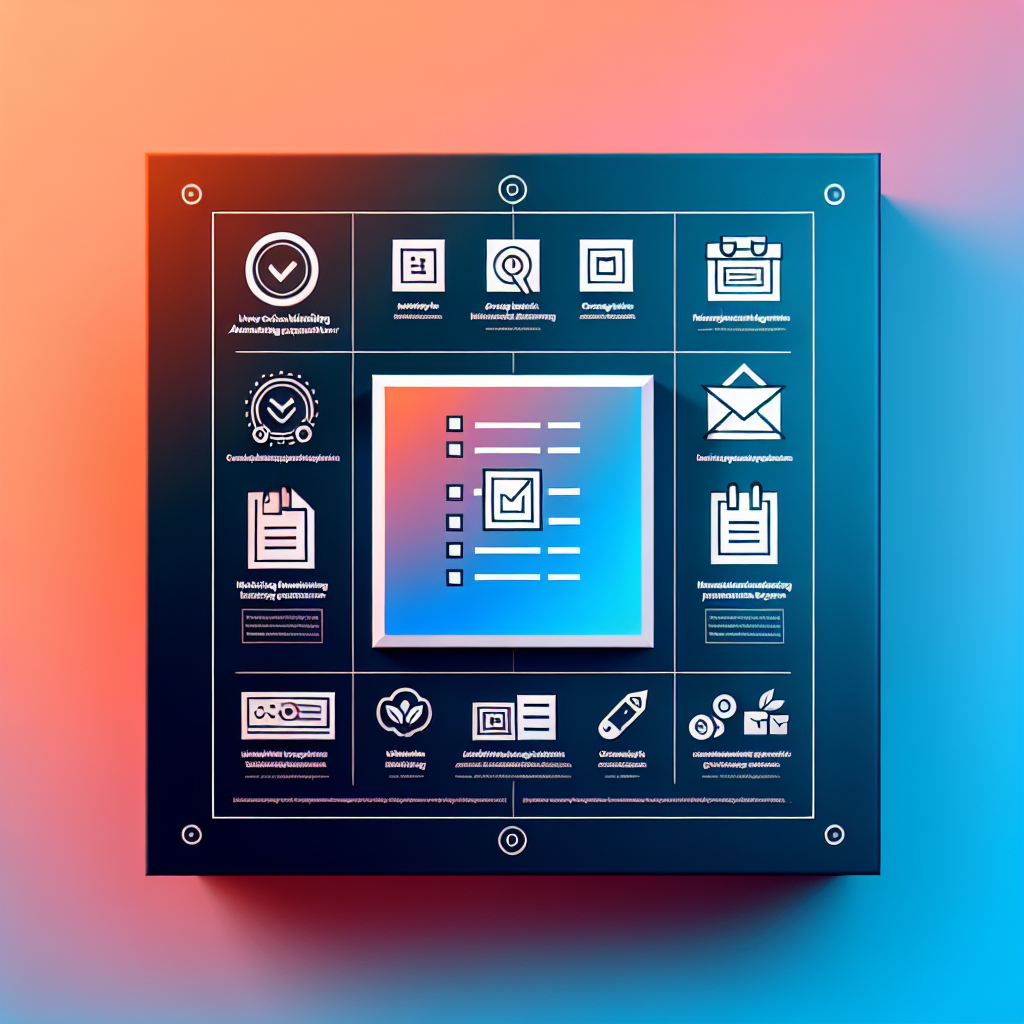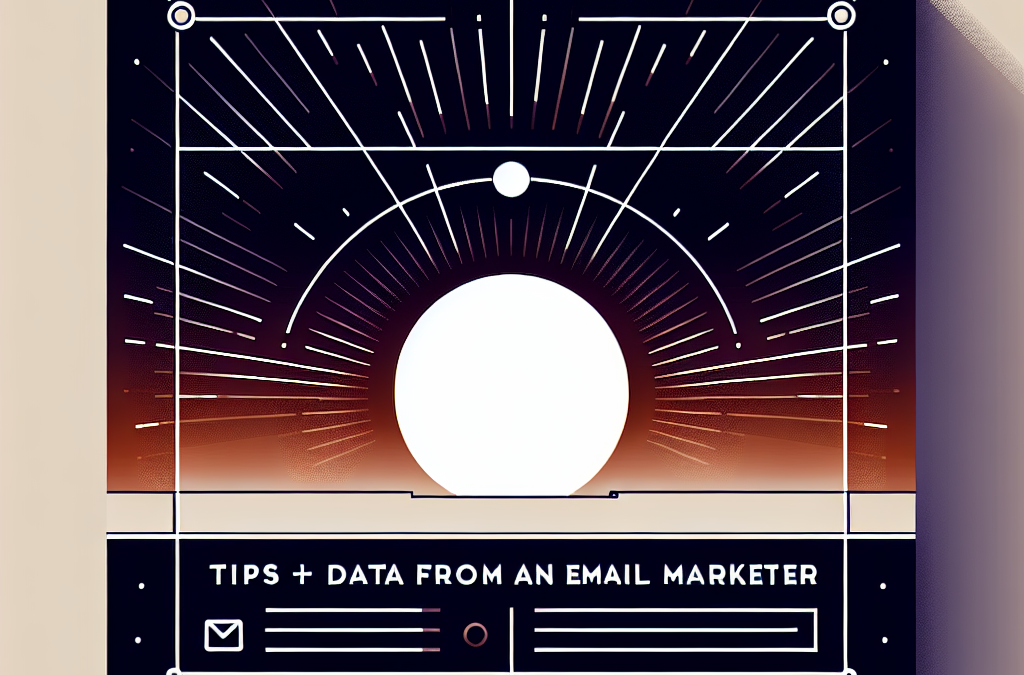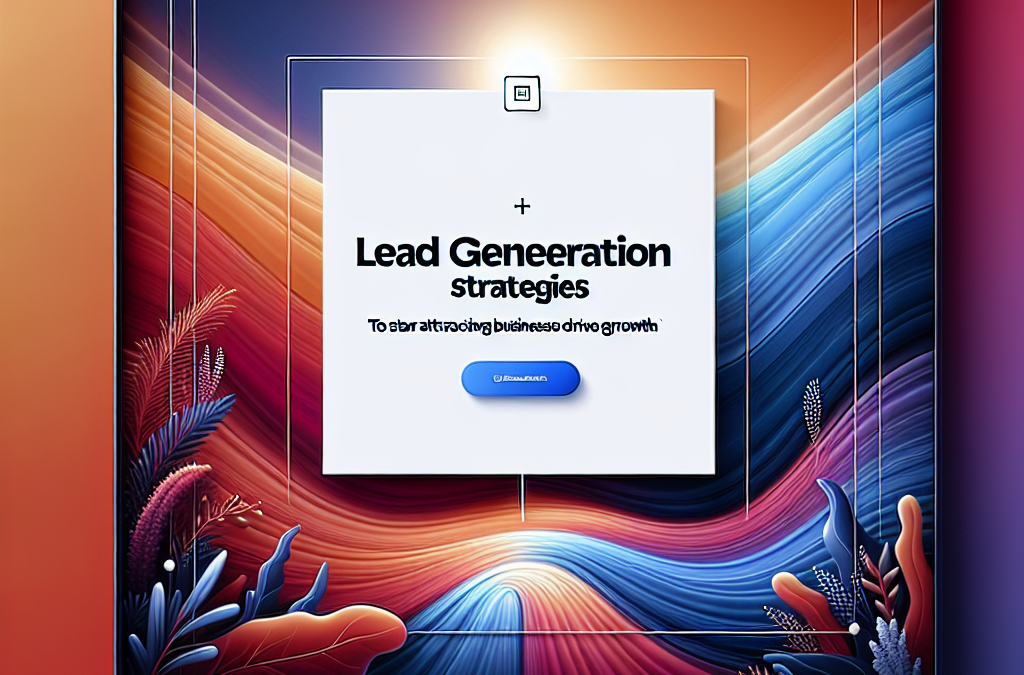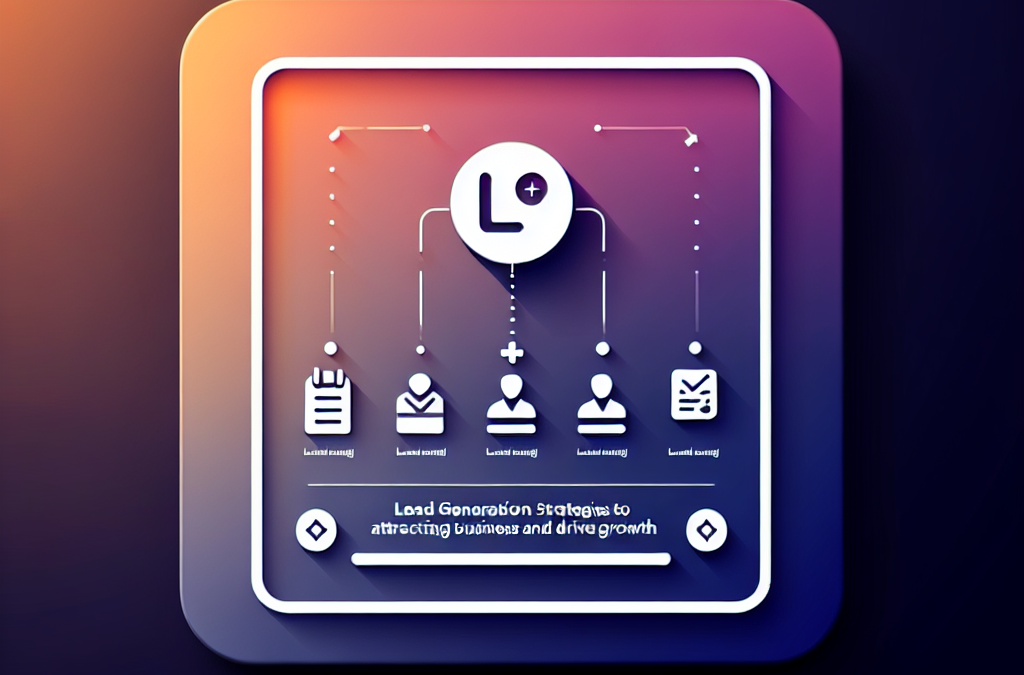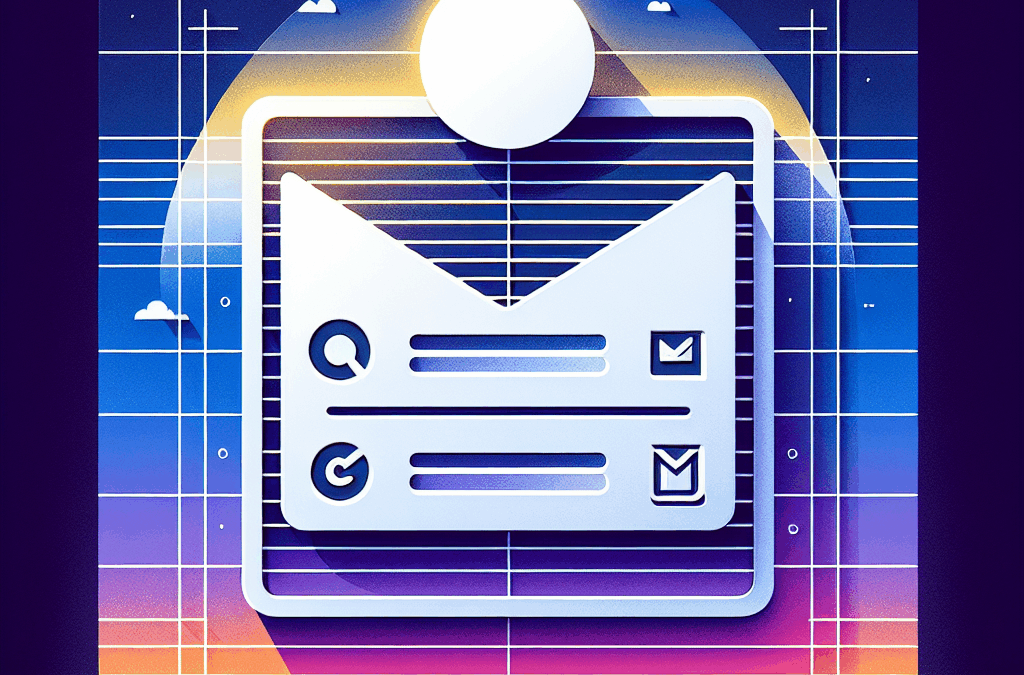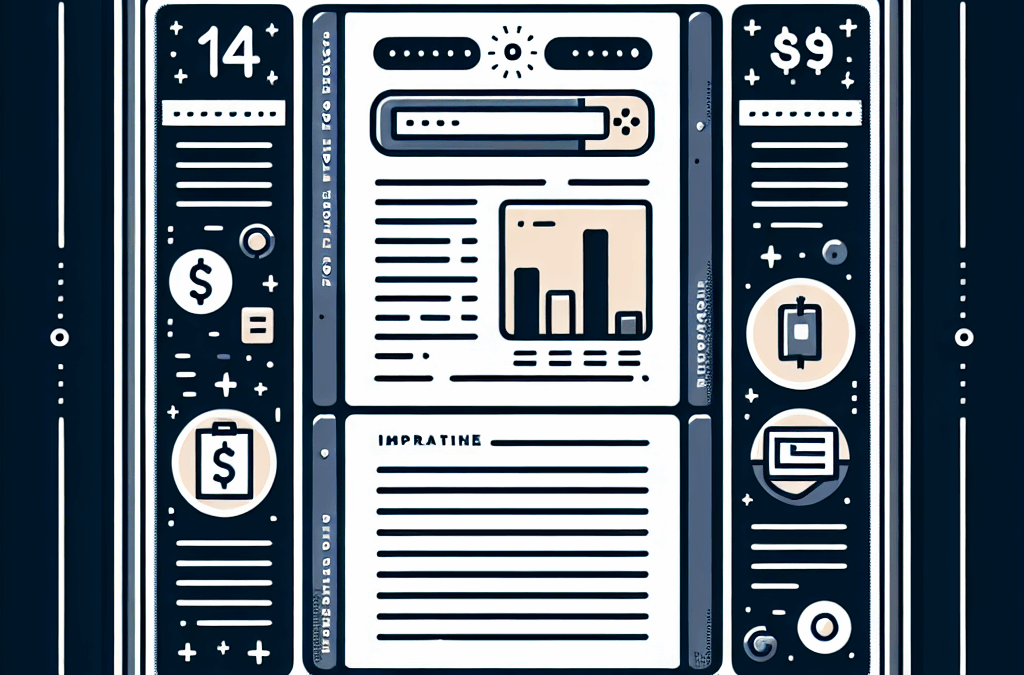Take Your Marketing to the Next Level with Automation
Ever felt like your marketing efforts are just spinning in circles? Or maybe you’ve noticed that your website isn’t pulling in the leads like it should? If that sounds familiar, you’re not alone, compadre! Many small business owners right here in South Texas, especially in McAllen, struggle with the same challenges. It’s frustrating to see potential customers pass you by while your online presence seems outdated.
If you’re ready to supercharge your marketing strategy, one powerful way to do so is by investing in a marketing automation tool. But hold on! With over 7,000 options available, how do you sift through the noise to find the right platform for your ecommerce business? The answer is simple: it depends.
Let’s dive into a few key factors that will help you cut through the clutter and make a confident choice about your marketing tech stack. And before we get into that, let’s chat about why marketing automation is crucial for any ecommerce business.
Why Use Marketing Automation for Ecommerce?
Marketing automation isn’t just a buzzword — it’s a game-changer. These tools allow you to automate repetitive tasks like sending emails, nurturing leads, and gathering data to enhance your strategy. As someone who’s been in the trenches, I can testify that marketing automation makes life a lot easier, especially for ecommerce retailers looking to scale up.
At Ericks Web Design, we specialize in helping businesses in our Valley tap into the amazing benefits of marketing automation. Here’s what our clients often experience after adopting these tools:
- Lower Customer Acquisition Costs: Keep more of your hard-earned dinero.
- Higher Average Order Value (AOV): Make each sale count.
- Converting One-Time Buyers into Loyal Customers: Turn casual shoppers into loyal fans.
- Increased Purchase Frequency: Keep your customers coming back for more.
- Boosted Conversion Rates with Automated Emails: Think abandoned cart emails that actually work!
Ecommerce Marketing Automation Platforms to Consider
Navigating the sea of marketing automation solutions can be overwhelming, especially with the unique needs of ecommerce businesses in mind. As you begin your research, look for tools designed specifically for ecommerce, including features tailored for the customer lifecycle, such as:
- Email Campaign Management
- Lead Nurturing Workflows
- Customer Segmentation Tools
Now, let’s explore some factors to help guide your evaluation!
7 Key Factors to Choose Your Marketing Automation System
1. User Interface
First things first, you want a platform that doesn’t feel like a maze! Many platforms promise an easy and intuitive experience, but don’t take their word for it. Ask for a demo and see for yourself if the user interface is friendly.
Try asking yourself:
- Is navigation straightforward?
- Can you access analytics easily?
- Do you find yourself jumping through hoops to complete simple tasks?
With so much on your plate, you’ll want a platform that’s easy to learn so you can get back to launching those innovative campaigns.
2. Features & Native Integrations
Having the right features is vital. Make a list of “must-haves” before you start your search. Look for platforms that can seamlessly integrate with your existing tools, like Shopify or other product management systems.
Key questions:
- Does it have the features you need?
- Can it easily connect with your current technology?
- Does it offer an open API for customization down the line?
3. Customer Support
When you’re diving into a new platform, you’ll want good customer support by your side. Tech can be unpredictable — having someone to help you sort through any hiccups can be critical.
What to consider:
- What types of support are available? (Email, chat, phone)
- How quickly can you get a response?
- Are there resources like community forums or documentation if live support isn’t available?
4. Learning Resources
Once you’ve chosen a platform, having access to learning resources can help you maximize its potential. Some platforms even offer webinars and video tutorials.
Questions to ask:
- What types of resources are provided?
- Are they free and accessible?
- Is the content up to date with the latest features?
5. User Base & Reviews
Understanding what others think can give you valuable insights. Look for case studies or testimonials from users that resonate with your industry. It might be worth checking review sites like G2 for honest feedback.
6. Pricing
Budget matters, especially for small business owners. Understand the pricing structure of each platform, whether it’s based on the number of contacts or features included.
Consider:
- What is the total cost and contact limits?
- How quickly could your database grow?
- Are there tiered pricing options based on your needs?
7. Set-Up & Onboarding
Once you’ve made your choice, the setup process can vary widely. Some platforms provide thorough onboarding assistance, while others may hand you a manual and say, “Good luck!”
Make sure to clarify:
- Are there setup fees?
- Will someone guide you through the process?
- Do you need support migrating data from another system?
Wrap-Up
Ready to supercharge your online presence with a marketing automation tool? Don’t let indecision hold you back — your competitors are already taking chances! Explore the options available, and don’t hesitate to reach out to Ericks Web Design for help tailored to your local needs. We understand the South Texas market and can work together to build something that truly reflects your business goals.
Hit us up — we’ll help you get those leads rolling in!
Source:
https://blog.hubspot.com/marketing/marketing-automation-ecommerce
